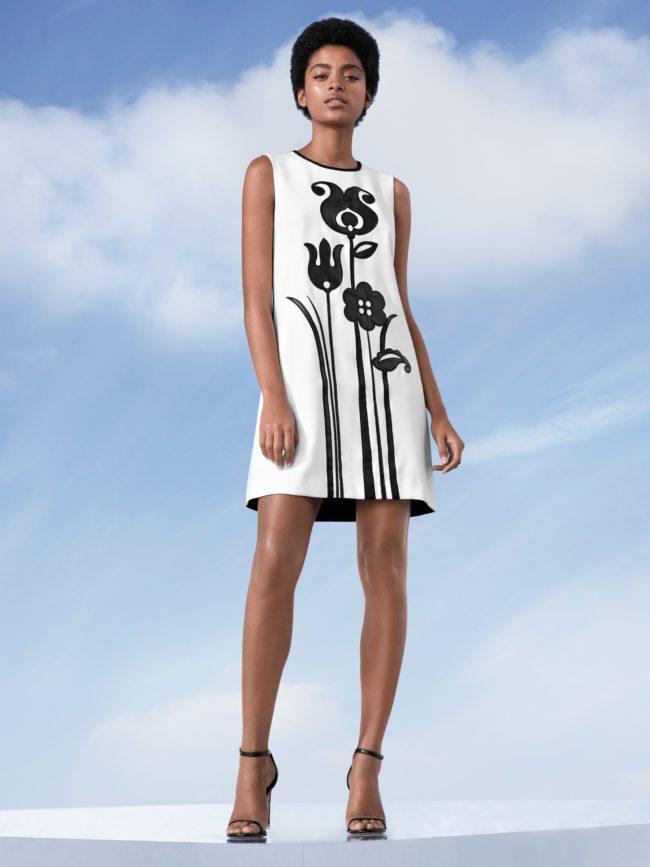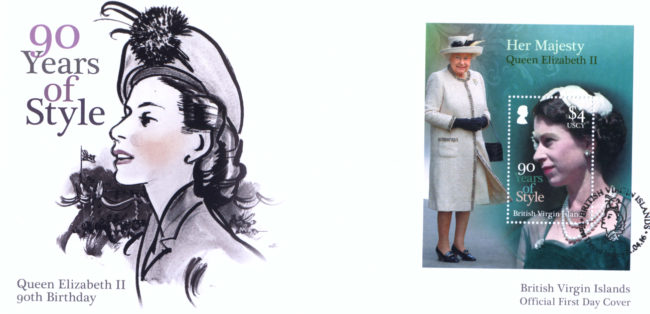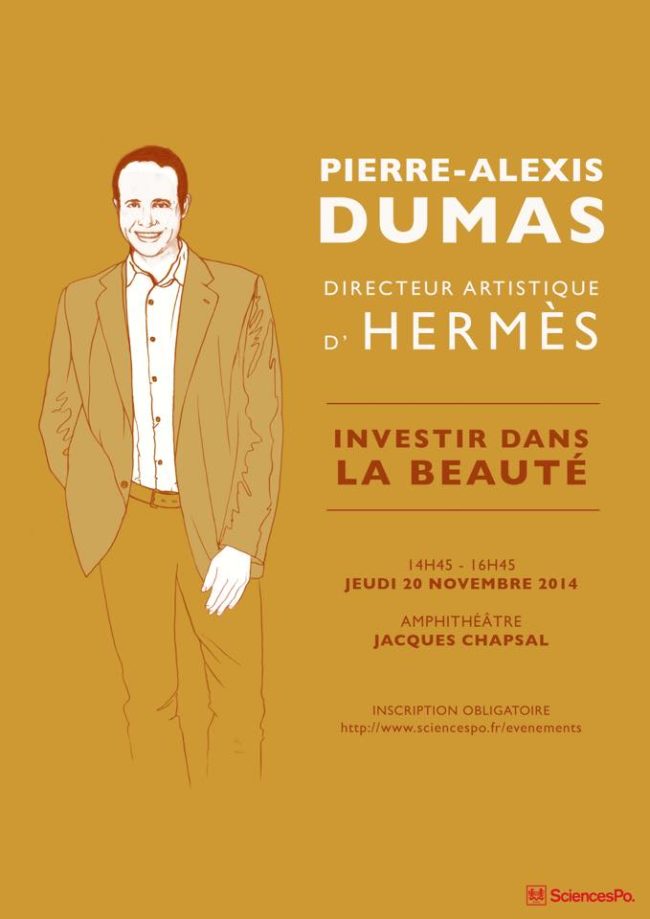Part I: Merleau-Ponty and ontology of clothes
*I am finishing up a new book on play and ethical theory. I’ll say more about it once I have a publisher and a date of publication is set. For now, here is a chapter from the book on one of philosophy’s most genial characters, Maurice Merleau-Ponty. It is “heavy” as it’s part of the…









